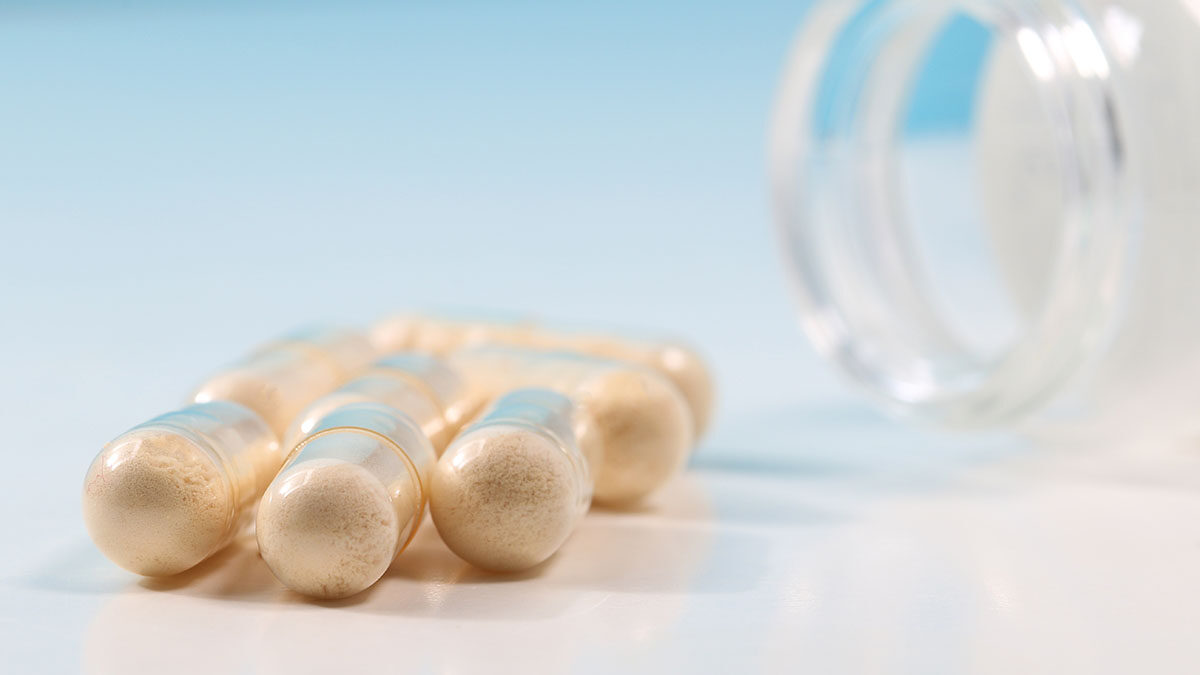Foods appear to be better carriers for probiotics than supplements, but if one chooses to go with the supplement route, should they be taken before, during, or after meals?
The package labeling on probiotic supplements is often confusing. Sometimes the consumer is instructed to take the probiotics with meals, sometimes before or after meals, and occasionally on an empty stomach. I was surprised to find so few actual data in the scientific literature concerning this topic, but that is par for the course for most dietary supplement advice. See, for example, my video series about how little pharmacists and natural food store employees know:
- Health Food Store Supplement Advice
- Bad Advice From Health Food Store Employees
- Dangerous Advice From Health Food Store Employees
- Pharmacists Versus Health Food Store Employees: Who Gives Better Advice?
The lack of information on how to take probiotics has led to serious confusion, both for the industry and the consumer. Surprisingly it doesn’t appear as if any studies had ever examined this question–until now.
Researchers hoped to be able to measure probiotic concentrations throughout the entire process after taking a probiotic supplement minute-by-minute. To do this, they had to build a fake digestive track with a fake stomach and intestines, but complete with real saliva and digestive enzymes, acid, bile, and other digestive fluids. What did they find? If you check out my 2-min video Should Probiotics Be Taken Before, During, or After Meals?, you can see the survival of three different types of probiotics before, during, and after meals. You can also see how the probiotics fared when taken in oatmeal and milk, milk alone, apple juice, or water.
What did they find? Like vitamin D supplements, which should also probably be taken with meals for maximum efficacy (Take Vitamin D Supplements With Meals), probiotic bacterial survival was best when provided within 30 minutes before or simultaneously with a meal or beverage that contained some fat content.
This study didn’t shed light on what dose we should take and under what circumstances, however. To see what the best available science says, see the first video in this series, Preventing and Treating Diarrhea with Probiotics. Then I compared probiotics to prebiotics in Preventing the Common Cold with Probiotics? and moved to the effect of your gut flora on your mood in Gut Feelings: Probiotics and Mental Health.
-Michael Greger, M.D.
PS: If you haven’t yet, you can subscribe to my videos for free by clicking here and watch my full 2012 – 2015 presentations Uprooting the Leading Causes of Death, More than an Apple a Day, From Table to Able, and Food as Medicine.
